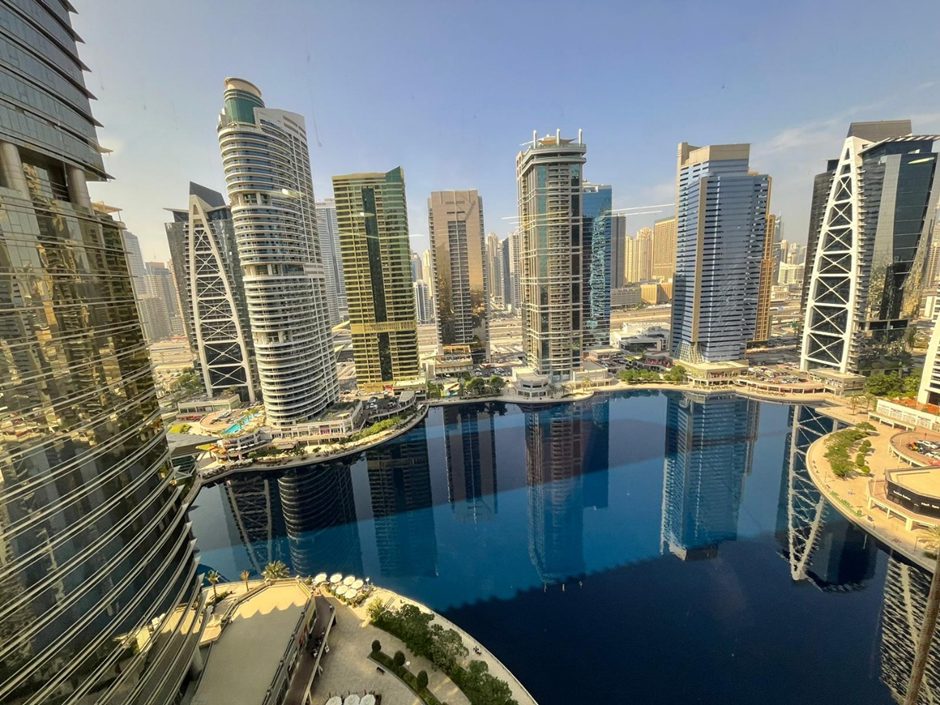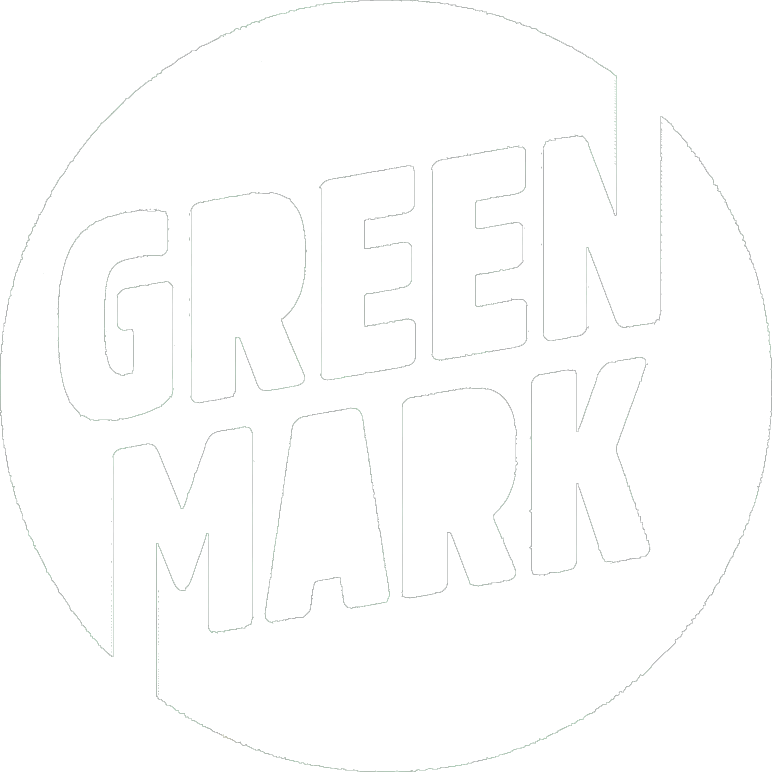
A few months ago, I came across a report by the International Energy Agency (IEA), one of the leading intergovernmental bodies in the global energy sector. The report looked in depth at the transition to clean energy – one of the most urgent topics of our time, something that businesses and governments all over the world are trying to prioritise.[i]
The report put front and centre the essential role that minerals will play in making this transition achievable, arguing that a bottleneck in mineral supplies could prove a significant threat to our climate ambitions. As a result, maintaining access to mineral deposits will be of increasing importance globally, with skyrocketing demand confronting limited supplies.
As I was reading this, it was hard not to feel a bit vindicated. Or even just to come right out and say: I told you so. And I don’t mean that figuratively. For the past decade, I’ve been telling anyone who would listen that minerals were becoming the basis of our society, that they were even beginning to act like currencies.
And I wasn’t just talking about it, either. I’ve always been willing to put my money where my mouth is. During those ten years, I was also busy building a world-leading portfolio of investments in the natural resources sector, with a particular focus on West Africa. As a result, our natural resources division, Seventy Ninth Resources, became the largest developer of natural resources in the region, at a time when access to mineral deposits is more important than ever.
So, as we recently closed on a pivotal year for our company, it’s a good time to reflect on how Seventy Ninth Resources ended up in this position, and offer some lessons that will hopefully be of use to others – whether you’re an investor, an entrepreneur, or just someone who wants to be at the forefront of their industry.
Putting in the legwork

Now that it’s becoming apparent how essential minerals will be to the global economy in the coming decades, there are plenty of investors looking to increase their exposure in the natural resources sector. Unfortunately for them, they’re coming up against a cold, hard fact: you can’t just show up in some resource-rich region with cash in hand looking to get involved. To succeed in this sector, you need a long-term vision, a commitment to spending time on the ground, and a lot of patience to play the long game.
The decade I’ve spent building up our concessions in West Africa didn’t just involve sitting behind a desk four thousand miles away, reading reports and signing contracts. Alongside my sons, Jake and Curtis, I spent a great deal of time on the ground in the Republic of Guinea. Together, we worked alongside government agencies and local communities, developing trust and mutual understanding. Education is key. An insight into what local institutions really need, not what our corporations think they need, from a business partnership. We went out to our concessions in the Siguiri Basin with our partners, the expiration geologists at SRK Exploration Services. We met the people who lived and worked on the land and spoke directly with them. We saw for ourselves what we were getting into.
This kind of hands-on, boots-on-the-ground experience gives you something unique. It provides a perspective that simply cannot be gleaned second-hand from documents or reports. And this has been an essential lesson for us. If you rely on the views of someone, however knowledgeable they might be, sitting in an office in New York or London, then you’re putting limits on what you can achieve. You’re losing out on the chance to develop your own knowledge and hone your instincts. And that knowledge is something that will put you ahead of those competitors who are unwilling or unable to do the same.
Trusting your instincts

Once you’ve put that time into building your knowledge and developing that all-important intuition for a strong investment, the next step is to have confidence in your own judgement. You’ve put time into refining those business instincts, so why not start trusting them?
In practice, that means having sufficient self-belief to say: why should we do things the same way as everyone else? It means taking the risk of questioning the conventional wisdom, of wondering whether the standard playbook might no longer apply in the here and now. These are unprecedented times, after all, so why should we use the same old approach?
In our work in the natural resources sector, this has meant leveraging our first-hand experience to move faster than anyone else. The process of establishing the extent and value of mineral reserves on a particular concession is a long and complex one – and understandably so. But when you’ve had your arms elbow-deep in the earth in north-eastern Guinea, when you’ve held the samples in your hands and seen them for yourself, you’re a lot less reliant on waiting for five different reports to tell you what you already know.
In the end, we were able to reduce what would normally be a five-year exploration process to just two-and-a-half years. And at a time when the world is changing at an astonishing rate, that’s a massive advantage. It means that when people come to us desperate for access to minerals – something that is now happening almost constantly – we’re ready and waiting to go.
Playing the long game

If trusting your instincts is important when it comes to getting ahead of your competitors, so too is staying focused on the endgame. As I’ve said above, securing investment opportunities in the natural resources sector is not a simple or straightforward process. You can’t wait for demand to surge before you come swooping in to take advantage, because you’ll find yourself way at the back of the line.
To succeed in this sector, you have to be able to see past the ups and downs of the short-term, looking beyond the volatility to see the prize at the end of the road – a road that can be long, hard, and full of potholes waiting to knock you off course.
During the years we spent building up our presence in West Africa, and in the Republic of Guinea, in particular, there were plenty of times when we’d have been justified in throwing our hands up and saying, this just isn’t going to happen. From 2013-16, for example, Guinea suffered a serious Ebola epidemic. Not only did this result in the tragic deaths of more than two and a half thousand people, but it also led to extensive quarantines and travel restrictions.
As you’d expect, plenty of companies were in a rush to exit the region during this period – an issue that the country also faced during the recent COVID-19 pandemic. The local mining sector was left in dire straits. However, we not only increased our financial commitments in the country during this period, we stayed on the ground too, leaving us with unrivalled relationships in the country and in position to acquire distressed concessions as they appeared. We might be moving quickly now, but that’s a luxury only afforded to us because we played the long game. We’ve put the time in, and now we’re ready to act.
Sticking with the fundamentals

Natural resources is obviously a complex sector in many ways. The regulatory and compliance requirements can be difficult to navigate – and that’s setting aside all the elaborate techniques and scientific knowledge that goes into exploring and identifying mineral deposits in a particular region.
As a result, people coming into the sector can overlook the fundamental point that successful investment is always about supply and demand, whether you’re looking at resources, real estate, or something else entirely. Keeping this in mind will give you the best possible chance of finding success in even the most challenging industries.
One obvious example of the failure to focus on fundamentals is the way that people who want to start investing in natural resources always tend to go for precious metals. And it makes some superficial sense: that’s where the value is highest, right? So, you rush past the obscure ores or minerals you’ve never heard of and go straight for gold and silver.
But that’s a simplistic view. What’s valuable is what’s in demand, and value is highest where demand has become decoupled from supply. If demand is high and supply is low, then it doesn’t matter if the asset is usually perceived as valuable; I can make a profit from it.
A great example of this right now is aluminium. It’s not a precious commodity by any normal definition, but nevertheless it’s in massive demand. It’s essential for the many ongoing construction projects across the world – Dubai for example, where we’ve just opened a new office as part of Seventy Ninth Global – but it’s also a key component in a lot of cutting-edge environmental tech. If we look back at the IEA report I mentioned above, we can see that aluminium is classified as highly important for solar power systems, electric vehicles, and battery storage.
As it happens, the Republic of Guinea is estimated to hold 23% of the world’s bauxite reserves, one of the main sources of aluminium. For this reason, Guinea is also the world’s largest exporter of aluminium ore.[ii]
So, at Seventy Ninth Resources we’re now finding ourselves in a situation where supply and demand are completely out of sync, and we’re sitting right in the middle – exactly where you want to be. All because we didn’t get distracted by the immediate appeal of precious metals, or fall into the trap of thinking that you can define value by looking at the past rather than at the future.
Of course, precious metals will always have a major role to play in the world economy. But in the coming decades, bauxite will be just as central. And that’s why we’re investing in both of them. It pays to keep all your bases covered.
Onwards and upwards
At the Seventy Ninth Group, we like to say that we do things differently. But that’s not just a marketing slogan. For us, it’s a mission. It’s at the heart of our commitment to our investors, as we strive to provide them with the best possible returns by doing more than just following the crowd.

I’m proud to say that our unique approach to the natural resources sector has put us in an extremely strong position. With the recent launch of our new private offering, domiciled in the Dubai Multi-Commodities Centre (DMCC), we’ve opened up access to our natural resources assets which allows our partners to diversify their portfolio. Those who invest benefit from our 10 years of on-the-ground experience building relationships with local communities and leaders within the Republic of Guinea. This latest step in our ongoing presence in Dubai will give our partners access to the many benefits of operating in the DMCC, including strategic positioning near Emirates Gold and the Al Etihad Gold Refinery.
This exciting development is built on the foundations we’ve laid over the past decade, driven by our willingness to go where others won’t and see opportunities where others can’t. And it’s this that I would stress above all to those looking to push their businesses further or to strive for excellence whatever their field. If you want to do remarkable things, you can’t only rely on the opinions of others or fall back on the way things have always been done. You have to get out there, build your own expertise, and learn to trust your own judgment.
In that respect, despite all the massive upheavals the world has experienced and whatever may be coming our way in the future, not that much has really changed. The rewards still come to those willing to make a bet on themselves.
[i] International Energy Agency, “The Role of Critical Materials in Clean Energy Transitions”, March 2022 [link]
[ii] Peterson Institute for International Economics, “Guinea faces challenges in building capacity around a critical mineral for energy transitions,” Oct 2022 [link]














